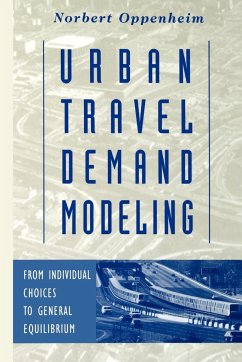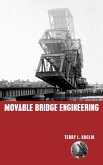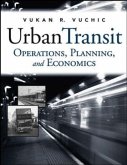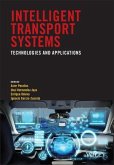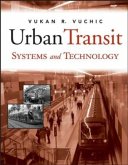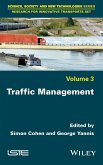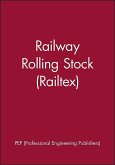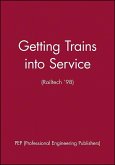A state-of-the-art approach to urban travel demand modeling Currently used travel forecasting methodology was developed almost three decades ago, primarily to assess the impacts of large-scale capital improvement projects, and was not designed to deal with contemporary urban transportation problems. To be effective today, travel demand models must explicitly represent traveler behavior, must be policy-sensitive, and must be operationally reliable. Urban Travel Demand Modeling: From Individual Choices to General Equilibrium presents an integrated system of models which overhaul the four traditional phases of travel generation, modal split, trip distribution, and network assignment. This book shows, for the first time, how generalized network equilibrium may be rigorously forecast from the optimal travel choices of "trip consumers" without the need to resort to heuristic procedures such as feedbacks. In addition, models for optimal transportation supply decisions are integrated with the demand models. Transit travel and goods movements are specifically addressed. To make this book as self-contained as possible, the author provides review material on the mathematics required and the basic concepts of discrete choice modeling. Numerical examples throughout the book demonstrate the calibration and use of the models in a variety of situations, including uncongested and congested networks. Review problems are systematically provided, many with solutions. Illustrative add-on software for model implementation on several popular platforms is also available separately. Urban Travel Demand Modeling may be used at the senior and graduate levels in civil engineering, economics, operations research, urban and regional planning, and geography courses. Transportation professionals in the private and public sectors, academics and researchers, will also find this methodology a rich, versatile, and efficient tool with which to address major urban transportation issues, including demand management, road and parking pricing, environmental impacts, changing socioeconomic and activity patterns, and urban development.
Hinweis: Dieser Artikel kann nur an eine deutsche Lieferadresse ausgeliefert werden.
Hinweis: Dieser Artikel kann nur an eine deutsche Lieferadresse ausgeliefert werden.

